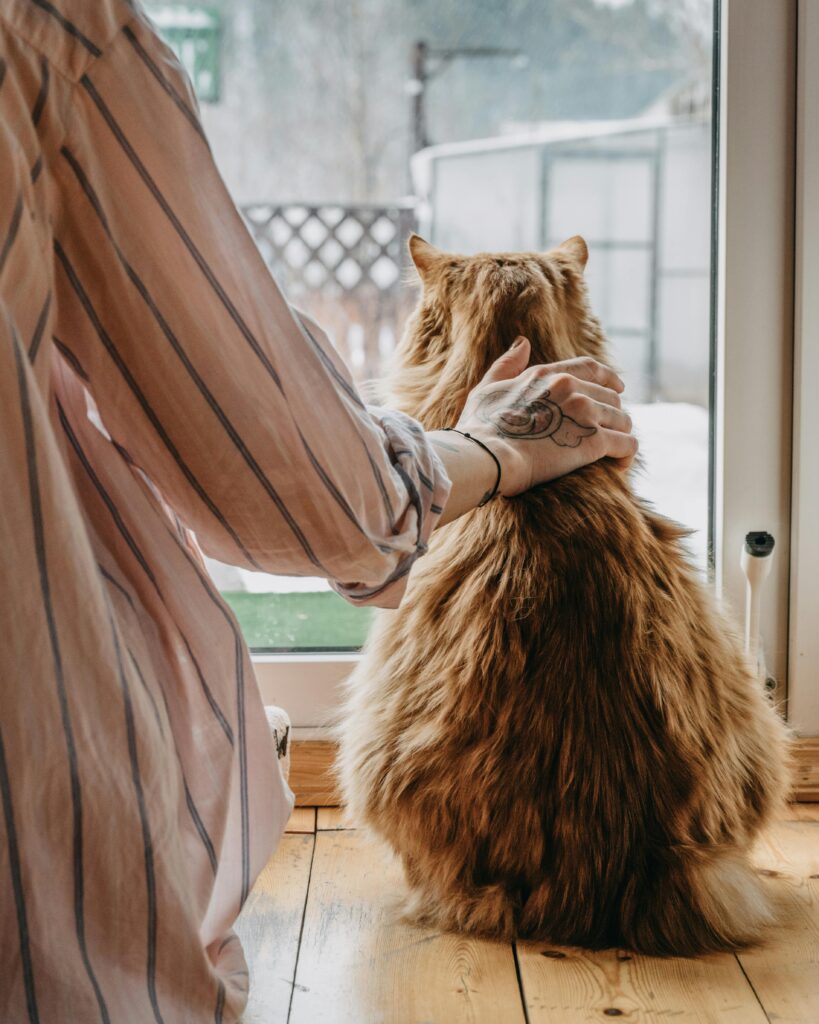-
×
 Terra Felis Souprème 70g For Cats – Duck
1 × £1.69
Terra Felis Souprème 70g For Cats – Duck
1 × £1.69
Indar Pet
Early Signs of Kidney and Urinary Issues You Shouldn’t Ignore
When it comes to our pets’ health, kidney and urinary problems often develop quietly — and by the time we notice symptoms, the condition may already be advanced. Learning to spot the early signs can make a huge difference to your dog’s or cat’s comfort, wellbeing, and long-term health.
Both the kidneys and the urinary tract (bladder and urethra) play vital but different roles in your pet’s body. Understanding how they work — and what can go wrong — helps you react quickly and give your furry friend the care they deserve.
Understanding the Difference: Kidney vs. Urinary Problems
Kidney (Renal) System
The kidneys are like tiny, natural filters. They remove waste and toxins from the blood, regulate hydration, and balance minerals such as sodium and potassium.
When they’re not working properly, toxins build up — leading to tiredness, nausea, appetite loss, and changes in urination.
Urinary System (Bladder & Urethra)
The urinary tract stores and releases urine. Problems here usually involve inflammation, infection, or blockage — causing pain, straining, or changes in urination habits.
While urinary issues can occur alone, they sometimes lead to or signal kidney stress if not treated quickly.
Early Signs of Kidney Problems
Kidney disease (especially chronic kidney disease or CKD) often progresses slowly. Keep an eye out for these subtle but important clues:
-
Increased thirst – Your dog or cat seems to drink more than usual.
-
Frequent urination – They urinate more often, or their litter tray fills up faster.
-
Reduced appetite or weight loss – A common early symptom as toxins begin to build up.
-
Lethargy or weakness – Less playful, slower to move, or sleeping more than usual.
-
Bad breath or mouth ulcers – Caused by a build-up of waste in the bloodstream.
-
Vomiting or nausea – Especially if it happens regularly.
-
Dull coat or dehydration signs – Dry fur, poor skin elasticity, or sunken eyes.
📞 Call your vet if you notice any combination of these signs — even mild ones. Early detection can help slow the disease’s progression and improve your pet’s quality of life.
Early Signs of Urinary Tract Problems
Urinary issues can appear suddenly and are often very uncomfortable for your pet. Watch for these common warning signs:
-
Straining to urinate – Taking a long time to wee, or trying with little result.
-
Crying or restlessness when urinating – This can mean pain or inflammation.
-
Blood in the urine – Even small traces can signal infection or bladder stones.
-
Frequent urination in small amounts – Trying often but producing very little.
-
Urinating outside the litter tray or indoors – Not necessarily bad behaviour — it’s often a cry for help.
-
Licking the genital area excessively – A sign of discomfort or irritation.
-
Strong or unusual urine odour – Can suggest infection.
🚨 Contact your vet immediately if your pet cannot urinate at all — especially in male cats. This is a medical emergency and can be life-threatening within hours.
Why Early Action Matters
Both kidney and urinary issues are far easier to manage when caught early. Regular check-ups and simple urine tests can detect changes long before symptoms become obvious.
Your vet may recommend:
-
Blood tests (creatinine, SDMA, urea)
-
Urinalysis (protein, pH, crystals, bacteria)
-
Blood pressure checks
-
Imaging (ultrasound or X-ray for stones or inflammation)
These help pinpoint whether the problem lies in the kidneys, bladder, or both, and guide the best treatment plan.
Natural Ways to Support Kidney & Urinary Health
Alongside veterinary care, you can support your pet’s wellbeing through natural, daily habits:
-
Encourage hydration – Offer multiple bowls or a pet fountain.
-
Feed wet food or add water to meals – Increases moisture intake naturally.
-
Choose low-phosphorus diets – Especially for pets with kidney concerns.
-
Provide gentle supplements – Ingredients like cranberry, parsley, celery seed, and omega-3s can support urinary flow and kidney function.
-
Monitor urine regularly – Using tools like the Uripet Collection Kit makes it easier to share clean samples with your vet.
At Indar Pet, we carefully select vet-approved, natural products to help your pet stay comfortable, hydrated, and happy — from early prevention to ongoing kidney and urinary support.
Share Your Story
How did you first notice your pet’s symptoms?
At what age were they diagnosed?
Share your experience and advice with our community — your story could help another worried pet parent take action sooner.

